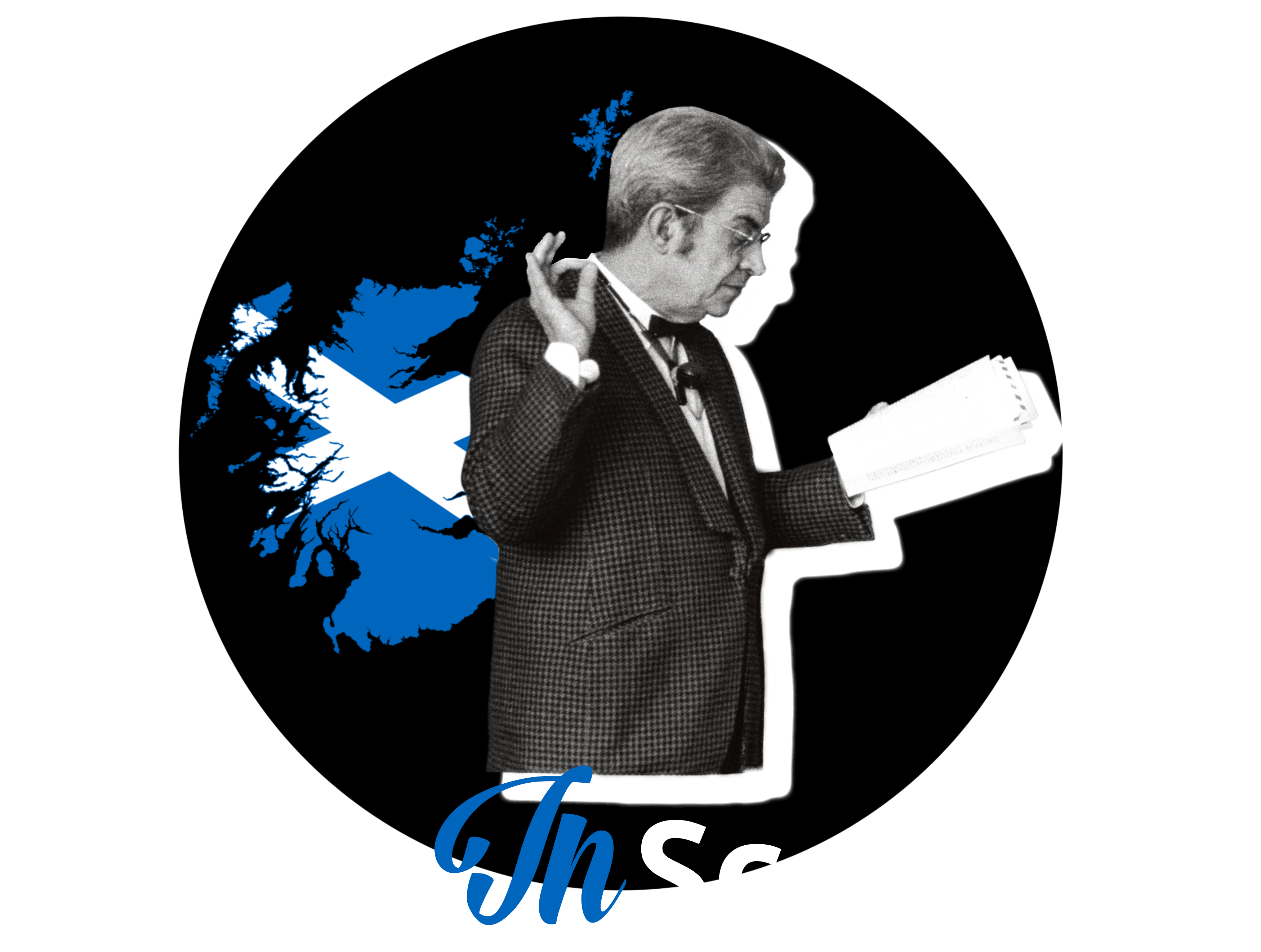Interested in joining a ‘cartel’ aka reading group on Lacan?
What is a cartel?
A cartel can be defined as ‘any group of Lacanians who come together to study a text’ (Gallagher: 2010: 17). It is a formation integral to the process of making sense of Lacan’s texts, or any other psychoanaly tic text or topic, and can be joined by anyone with an interest in Lacanian theory. Keep reading to find out what it is and how you can get involved in one.
The Format of a Cartel
The word cartel comes from the Italian word cartello which has several meanings including written advice or written incision. Etymologically, the word derives from the Latin carta (paper) and the Greek χαράσσω (to carve, to engrave). Lacan in ‘The Founding Act’ (1964), during the creation of his school, founded the small group as a way of working: ‘composed of at least three people, five at most, four is the right balance’ (p. 1) – an original social relation called the cartel (Lacadée). The decision to adopt such small group size is arguably due to a greater personal involvement required by the single member than that achievable in a larger group. Lacan (1964) placed emphasis on refraining from establishing a hierarchy; small groups are to be preferred since they are more likely to escape the power dynamics of leadership which tend to take place in larger groups.
The Plus One
One of the most enigmatic concepts in relation to Lacan’s cartel is the position and function of the ‘plus one’. Debates on whether this figure is a real or imaginary one are today still present and Lacan himself says it has become a riddle. Some argue that Lacan’s plus one may not be possibly conceived as a material something, as ‘incarnated in a single individual’ (Gallagher, 2010: 3). Real or imaginary, the figure of the plus one can be understood as that of an ‘editor’, chosen by the members of a group/cartel to supervise, edit and guide the production of their own work: the ‘plus one [is] responsible for the selection, the discussion and the outcome to be accorded to the work of each’ (Lacan, 1964). Ultimately, the function of the plus one is to avoid the establishment of power structures in form of hierarchies governed by egos. The function here is similar to that of an analyst who is meant to avoid imaginary traps, such as speaking from a position of knowledge, as the subject supposed to know, and instead through producing enigmas puts the analysand, or in this case cartelisand, to work. In this way, the plus one functions as the minus one since the Other as authority and knowledge has been subtracted – the leader is absent (Moncayo, 2006). On a more practical level, the plus one might be an individual who attends some sessions, or who is called in at moments of stagnation.
What is the Aim of the Cartel?
and not collective’ and where the plus one ‘if he can be anyone at all, must be someone … charged with overseeing the internal effects of the enterprise, and to provoke its elaboration’ (as quoted in Gallagher, 2010: 18). Each member of the group is thus expected to produce a personal piece of writing, or any other forms of productions, at the end of a cartel. A cartel should last no more than two years in order to prevent ‘stickiness’ and to allow change.
How Do I Get Involved?
In Edinburgh: If you are based in or around Edinburgh and are interested in forming a cartel, send us an email to register your interest and let us know the topic or text you would like to work on, if you have anything specific in mind.
In London: http://londonsociety-nls.org.uk/index.php?file=Cartels.html
Digital Cartels
Modern technology means you can participate in a cartel even if you happen to be based in a place devoid of other people interested in Lacan. A digital or virtual cartel can take on many forms, either as online meetings or interactions through online texts — the format of which is to be decided between cartel members. You can find contact details on the following websites if interested in joining a digital cartel:
http://www.amp-nls.org/page/gb/24/cartelshttps://www.lacaniancompass.com/cartels/

